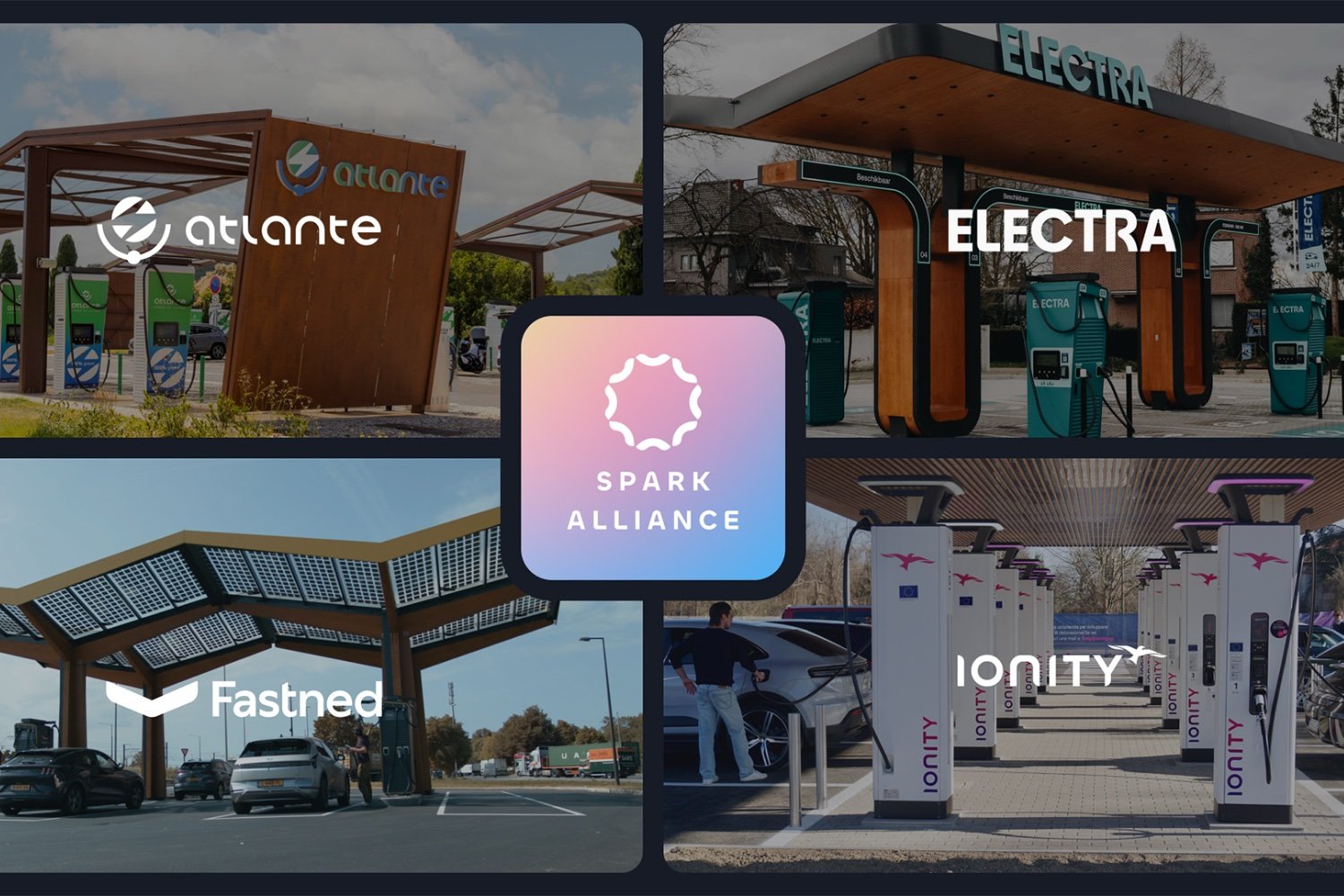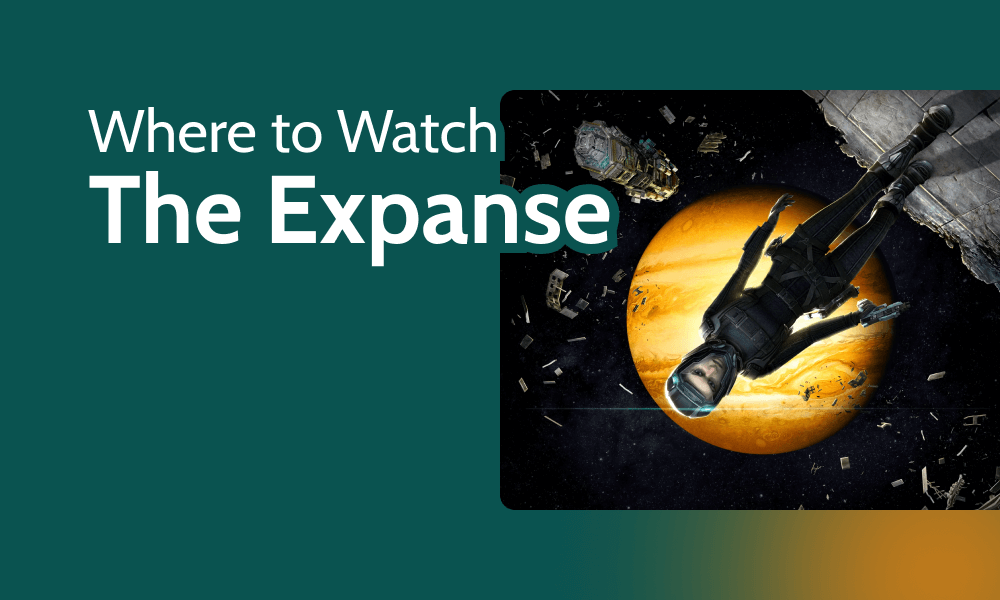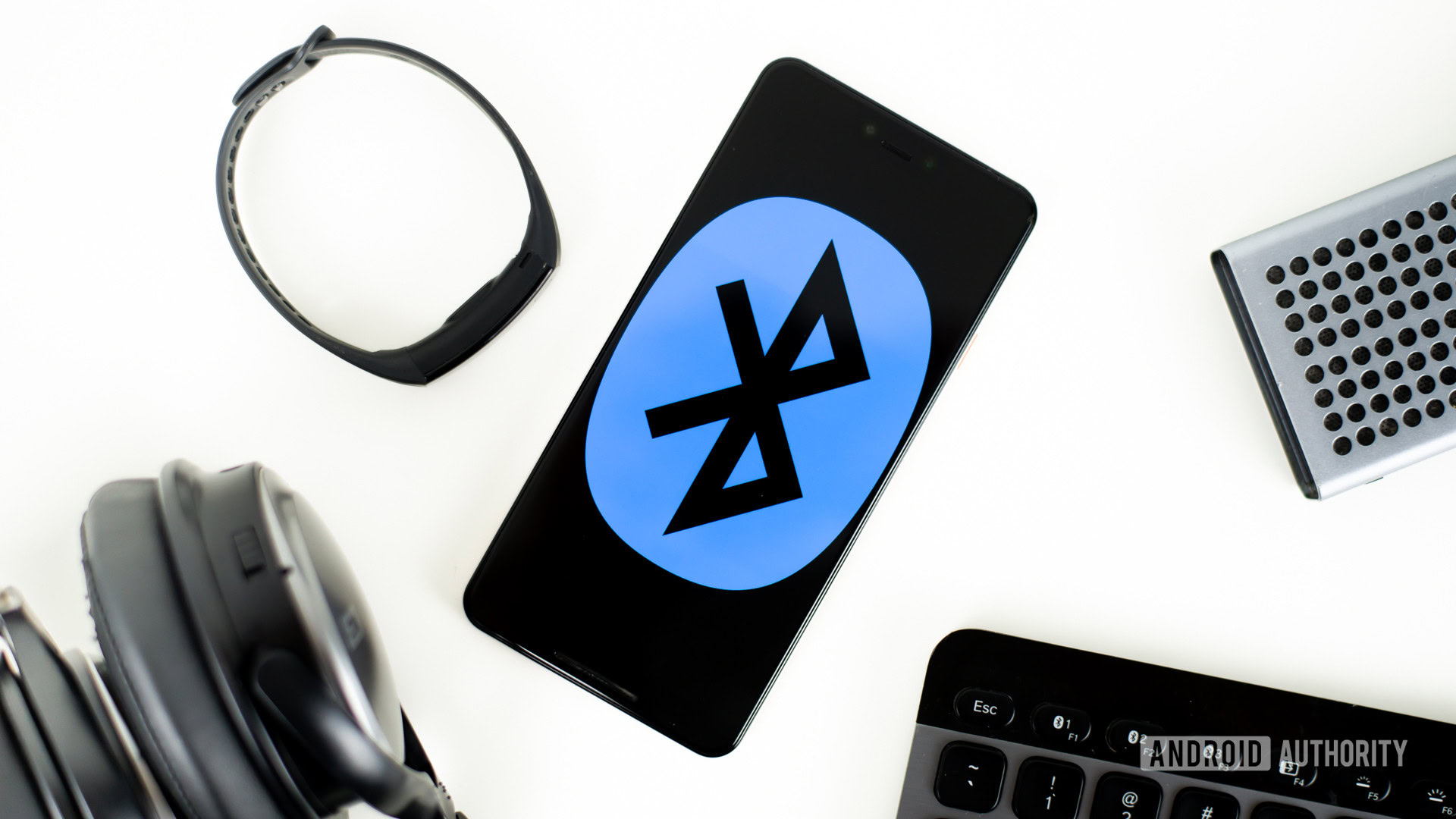Announced in early April in Paris, the Spark Alliance intends to facilitate the lives of electric car drivers. It brings together four major players in rapid charging-Electra (France), Ionity (Germany), Fastned (Netherlands) and Atlante (Italy)-to form a common network of 1,700 stations and 11,000 charging points, distributed in 25 European countries. This allows the alliance to exceed Tesla on the number of stations, even if the American giant retains the advantage over the total number of terminals (18,000 against 11,000).
An XXL network, but operators still independent
But beware of the announcement effects: it is neither a merger nor even an economic group. “” Each network will keep its stations and logos », Précise Millezing Portache, PDG the Fort BALNC, of the Specdna Challenges. The four companies remain competing and independent. The Spark Alliance is closer to an alliance to the Star Alliance in aviation than an integrated company.
The stated objective is to offer a more fluid charging experience. From June, the mobile applications of the members will be interoperable. Concretely, a user will be able to launch a recharge at Fastned via the Electra app, or adjust at Atlante by using the ionity interface. The “Plug & Charge” function will also be extended: if the vehicle is recorded with one of the operators, it can automatically recharge on any terminal of the Alliance.
Despite the beautiful image of cooperation, the immediate benefits for motorists remain limited. Preferential rates are not shared between members. An Electra subscriber will therefore pay the high Price at Ionity, and vice versa. A common subscription is mentioned for September, but nothing has yet been confirmed. For users of interoperability badges or those who settle by bank card, nothing changes either.
This status quo is explained by the different origins of partners. Atlante, Fastned and Electra are independent companies specializing in charging, while Iionity is a consortium supported by several car manufacturers. “” The implementation of the agreement took nine months », Underlines Aurélien de Meaux, CEO of Electra, who evokes long and complex negotiations between lawyers.
The final impetus came from Jeroen Van Tilburg, appointed to the head of Ionity in 2024, after passages at Tesla and Netflix. He hopes that the Alliance becomes a quality label, guaranteeing rapid and reliable recharging across Europe.
Behind this unprecedented cooperation hides a tense economic reality. All members of the Spark Alliance are still in deficit. “” We will be profitable … one day! », Ironize Stefano Terranova, CEO of Atlante. The charging market suffers from a lack of profitability linked to high investments and a still too low number of electric vehicles in circulation.
The alliance is therefore also a way of consolidating the forces. The networks of the four members are deemed ” very complementary », With few duplicates. In addition, all use the same terminal supplier, Alpitronic. This grouping could therefore weigh more during public tenders or to obtain better conditions from industrial partners.
It remains to be seen whether this cooperation will last in the long term, and if it will be able to attract other players in the sector. For the founders of Spark Alliance, this is only the beginning: they wish to integrate other operators and lay the foundations of a common standard to accelerate the adoption of the electric vehicle in Europe.
🟣 To not miss any news on the Geek newspaper, subscribe to Google News and on our WhatsApp. And if you love us, .












